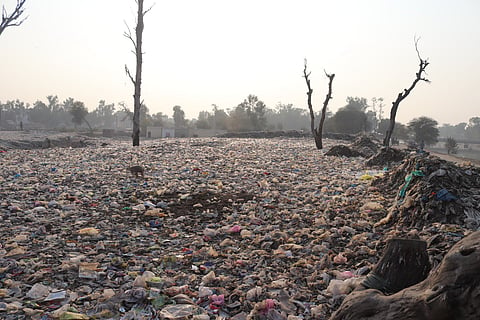Equalising burden-sharing
How to achieve global consensus on addressing the challenge of climate change is today an unresolved and intensely debated issue. The matter is a sensitive one, as the quest for a global response raises questions as to how to share the burden of reducing the threat among the countries of the world. After all, it is undeniable that the nations of the world have had varying roles in causing the problem, and also have differing vulnerabilities to the harm caused by climate change. The lack of progress in achieving a global consensus can be best explained by looking at the design and implementation of the international 'rules' that have been established thus far. These rules have focused solely on the volume of national emissions, rather than on the activities that lead to climate change in the first place. Consequently, efforts to reduce global emissions pit old emitters against new ones, and the key issue for the negotiation is when emissions of all countries will peak. The time has come to rethink this model for international analysis and cooperation.
To date, developed countries have not met a single one of their commitments, including on promised transfers of financial resources and technology to developing countries. Even their submissions during the ongoing negotiations remain non-committal on all of the issues. It is thus that the basic assumption of global environmental sustainability laid out 50 years ago – that developed countries will do whatever has to be done to support actions by developing countries – no longer holds. For instance, at the recent meeting of G8 countries in Italy, developed countries continued to insist on a global goal of halving emission levels by 2050. All the same, only a few of the developing countries had been able to bring their emissions down to 1990 levels by 2000, as required by the United Nations Framework Convention on Climate Change. Rightly viewing these reduction requirements as a threat to their own economic wellbeing, the developed countries are today attempting to alter the agreed-upon balance of obligations, working to shift the burden for change onto developing countries.

